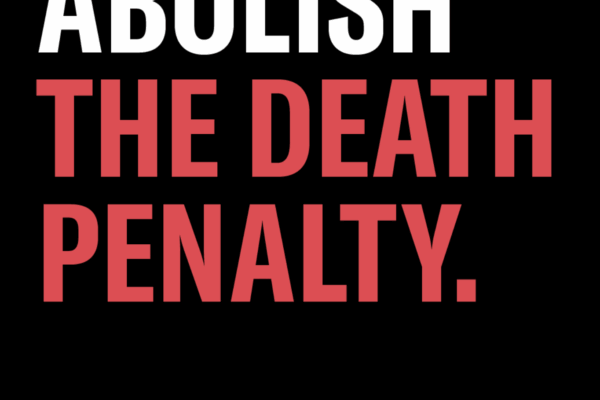On Sept. 24, Missouri committed an irreversible and grievous act: it executed Marcellus Williams, a Black man who maintained his innocence until his last breath. His case, rife with doubt, underscores the deep flaws in our justice system and highlights the fatal consequences of maintaining the death penalty — a practice that is racist, arbitrary, error-prone, costly, and irreversible.
Williams was convicted of the 1998 murder of Felicia Gayle, a white woman, despite the glaring absence of physical evidence linking him to the crime. The trial was marked by blatant racial bias. Six out of seven potential Black jurors were removed from Williams’ trial, with one struck for the shockingly racist reason that he “looked like” Williams’ “brother.” The prosecutor whose office originally secured his conviction later admitted the state had made a grave mistake. Yet, in a devastating failure of justice, Missouri chose to ignore these warnings, proceeding with this irreversible act of violence.
This is not an isolated incident; this is the reality of the death penalty in America.
The facts are undeniable: Black men accused of killing white women are far more likely to be sentenced to death than others. Racial bias infects every corner of the criminal justice system, and it is on full display in capital punishment cases. The death penalty is not just a relic of racial injustice — it actively perpetuates it, devaluing the lives of people of color.
But racism is only part of the problem. The death penalty is also grotesquely error-prone and shockingly final. Since 1973, 200 people have been exonerated from death row — 200 people wrongfully sentenced to die by the state. How many more innocent people have been murdered by their own government? How many more will die before we acknowledge the irreparable damage of this failed system?
And then there is the cost — both moral and financial. The death penalty drains resources, costing far more than life imprisonment due to endless appeals, complex legal procedures, and the maintenance of death row. At the same time, this bloated system does nothing to prevent crime or provide meaningful closure to victims’ families.
Missouri’s execution of Marcellus Williams is a shameful reminder that the death penalty cannot be reformed — it must be abolished. It is a racist, corrupt, and broken institution that has no place in a society that claims to value justice and human dignity. State-sanctioned murder is not justice; it is an unforgivable stain on the soul of this nation.
As we mourn the loss of yet another life to this cruel system, we must redouble our efforts to end the death penalty once and for all. The state cannot be trusted with the power to kill. It is time to abolish this irredeemable practice and build a justice system that values life, fairness, and true accountability.

